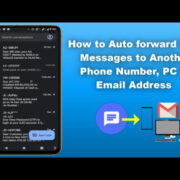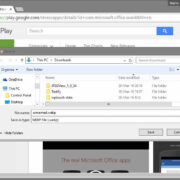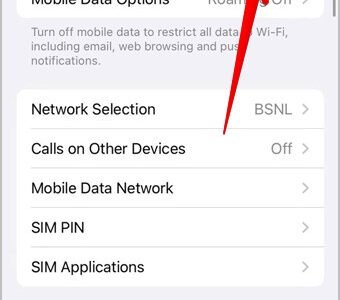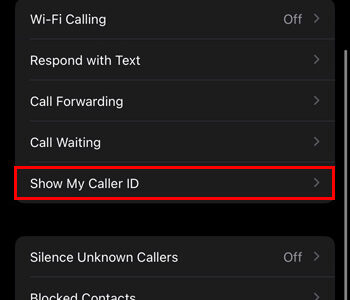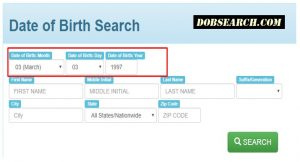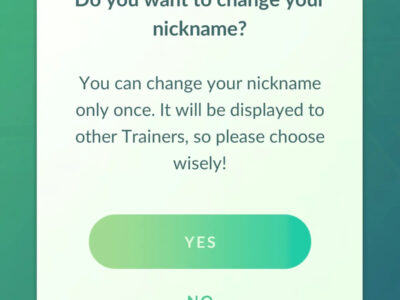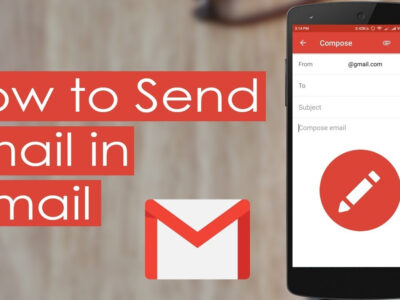Every day we’re surrounded by social and professional networks, making the world seem smaller than ever. However, finding someone when you have just a first name and a city they might be residing in could be like looking for a needle in a haystack. It’s a challenge, to be sure, but with the right strategies and tools, it is certainly possible to narrow down the search. Whether you’re looking for a long-lost friend or a potential contact, this guide is crafted to help you navigate through the wealth of information available and use it to your advantage.
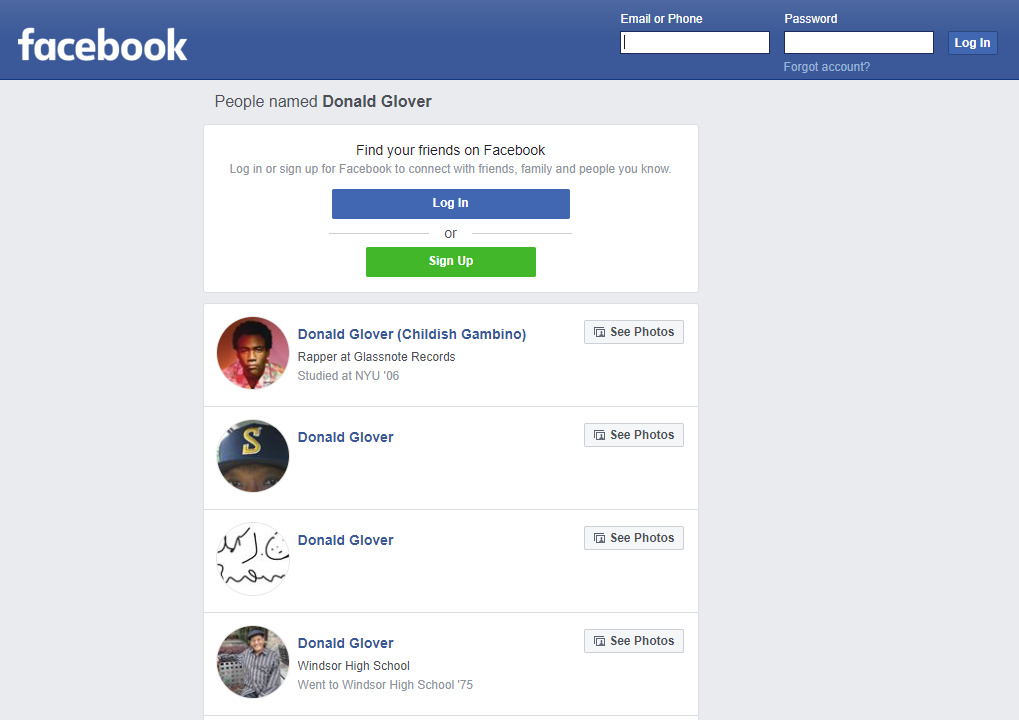
Social Media Deep Dive
Social media platforms are treasure troves of personal information. From Facebook to LinkedIn, most individuals have some form of an online presence that can be tapped into for your search.
- Go to a social media website like Facebook.
- Use the search bar at the top.
- Type in the first name and then filter the results by city.
- Browse through the profiles to find the right person.
Summary: The simplicity of this approach makes it accessible to virtually anyone. However, due to privacy settings, some profiles may be hidden or restricted.
Google It
Google is one of the most powerful tools for finding information online. With the right search techniques, you could find the person you’re looking for.
- Open your web browser and navigate to google.com.
- Enter the first name followed by the city in the search bar.
- Review the search results, which can include social media profiles, mentions in news articles, or other relevant information.
Summary: Using Google is quick and offers a wide range of results. However, the information can sometimes be outdated or irrelevant.
Alumni Networks
If the individual you’re searching for attended a college or university, their alumni network might have a searchable directory.
- Identify the educational institution they may have attended.
- Find the alumni network webpage through a Google search.
- Use the directory search function to enter the first name and city.
- Reach out to the alumni network for further assistance if needed.
Summary: Alumni networks can be very accurate but are limited to registered members and might require you to be an alumnus for access.
Public Records Search
Local government websites can provide public records that could lead you to the right person.
- Search online for the city’s official government website.
- Look for the public records section.
- Enter the first name in the records search. Additional information may narrow down results.
- Access the available public records to find the person.
Summary: Public record searches can be a gold mine of information, but privacy laws limit the availability of certain records.
Community Forums
Niche community forums can be a good resource, especially if the person you’re looking for has unique hobbies or interests.
- Identify a forum that aligns with the person’s interests.
- Use the search function with the first name.
- Read through posts and profiles to find matches.
- Message any potential matches for confirmation.
Summary: Community forums can give leads and personal interactions but may require you to contribute to forums.
Library Archives
Local libraries often have archives of local directories and other community resources.
- Visit the local library’s website or physical location.
- Request access to city directories or archive materials.
- Look through materials using the person’s first name and city.
- Note any potential leads and follow up on them.
Summary: Library archives provide a historical take, but it’s time-consuming and may not yield current information.
Professional Licensing Boards
If the individual has a profession that requires a license, state licensing boards may have a publicly accessible database.
- Identify the profession and related licensing board.
- Visit the board’s official website.
- Use the search function to look up licenses by name and location.
- Review the public profile for any matches.
Summary: Professional directories are highly accurate for licensed professionals yet are irrelevant for unlicensed professions.
Online People Finder Services
There are specialized websites designed to locate people using publicly available information.
- Find reputable people finder service online.
- Enter the first name and city, along with any other known details.
- Review the results and see if any match your criteria.
Summary: These services streamline the search but often come with a fee, and the information’s accuracy can vary.
Voter Registration Databases
Some states have online databases where you can look up registered voters.
- Look for the state’s voter registration public search.
- Input the person’s first name and their city.
- Scrutinize the search results for a potential match.
Summary: Voter databases are great for voters’ information but not useful for non-voters or in states without online databases.
Contacting Local Organizations and Groups
Local clubs, organizations, and religious institutions might be able to help if the person is associated with them.
- List potential local organizations they might be a part of.
- Reach out through official channels to ask for assistance.
- Attend public meetings or events to network and ask around.
Summary: This could lead to personal referrals but requires lots of effort and respect for privacy considerations.
In conclusion, finding someone with just a first name and city can be a process of connecting the dots through various means. Each tool or strategy mentioned has its strengths, whether it’s the broad reach of social media, the detailed information from professional licensing boards, or the historical data in library archives. While some methods may come with limitations or privacy concerns, with persistence and a bit of detective work, you can often discover the trail that leads to the person you’re searching for.
Frequently Asked Questions:
Q: What if I don’t know the exact city where the person lives?
A: You can expand your search to neighboring cities or the entire state. Also consider that the person might have a presence in online communities or alumni networks that can point to their current city.
Q: How can I ensure the accuracy of the information I find?
A: Cross-referencing any information you find with multiple sources can increase its reliability. Pay close attention to details such as work history, education, and pictures that can confirm the identity.
Q: Is it legal to search for someone’s information online?
A: Yes, it’s legal to search for information that is publicly available. However, it’s important to respect privacy and not use the information for any illicit purposes. If you’re unsure, consult legal advice before proceeding.

